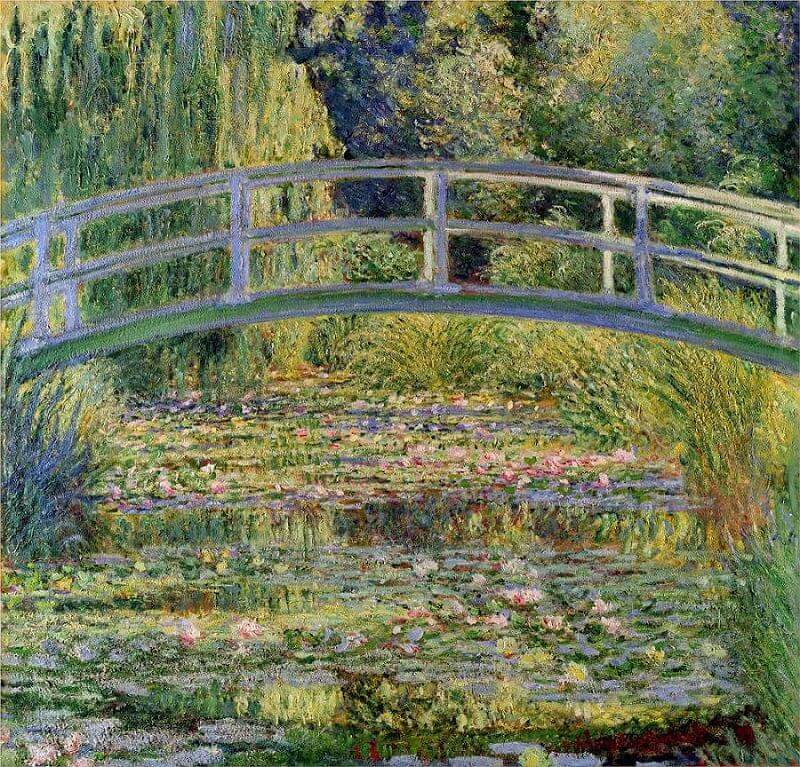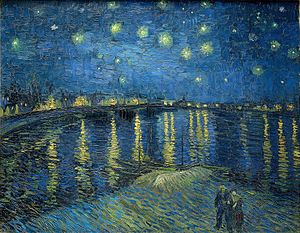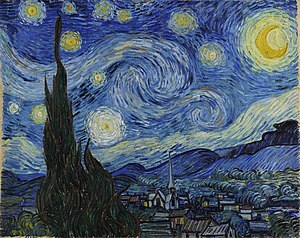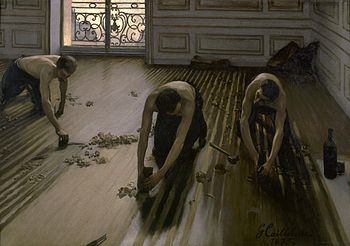The Work of Claude Monet
Claude Monet’s “The Water Lily Pond” was the piece of art I chose. The painting was created in the year 1899 from a mature garden. Oil paint was used to create the Water Lily Pond. This work of art was produced during the Impressionism period. The physical dimension of the piece is 83.3 x 93.1 cm. This painting is on display at the National Gallery in London.
I see a bridge and a pond with water lilies in this painting. In the distance, I see what seem to be willow trees and a reflection on the water. To make this painting look as 3D and natural as possible, Monet used shade and light to perfection by undertaking different views of the art. The multiple shades of green add to the trees’ realistic appearance. The water seems to be still, adding to the landscape’s tranquility.

Comparison of Vincent Van Gogh’s “The Starry Night” and “Starry Night” Paintings
The “Starry Night” painting by Vincent Van Gogh was created in 1888, while “The Starry Night” was made in 1889. The former physical dimension is w92 x h72 cm, unlike the latter measuring 73.7 x 92.1 cm. Both paintings’ medium consists of oil on canvas, and they are a visualization of the night. However, since there are spirals and a variety of shades, Starry Night confuses the mind. The state of Van Gogh’s troubled mind is vividly expressed in the motif.


Gustave Caillebotte’s “The Floor Planers”
The painting depicts early Parisian working-class men scrapping the floor. Realistic events are displayed in the art, with a focus on the human subject. The artist makes extensive use of light and shadows to award the painting a realistic look. The artwork has perfect symmetry, proportionality, and linearity, which provides harmony between the painting’s background and foreground. The image is dominated by bold brown colors, which give it a natural and organic appearance. The picture has a smooth, soothing texture that adds to the art’s naturalistic appearance. Several floor scraping tools and an open wine bottle are depicted in the photograph. Jules Richard de Launay and Andy are the two Americans featured in Caillebotte’s work.
